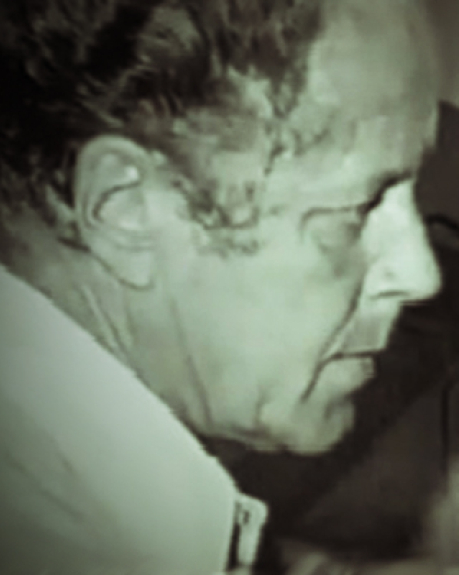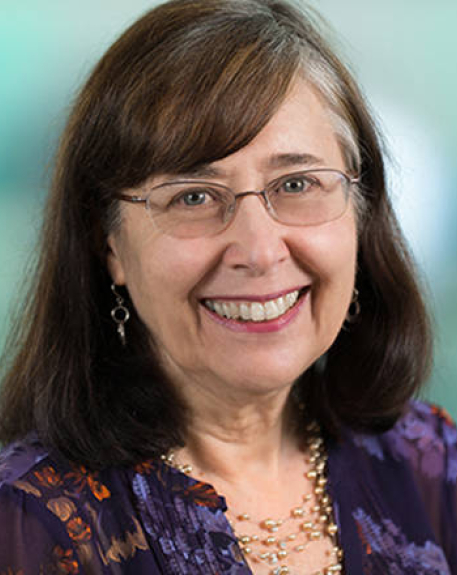1997 INDUCTEE Charles Beer, PhD Cancer
November 18, 1915
(Leigh, Dorset, England)
June 15, 2010
PhD, Oxford University (1948)
2003: Member of the Order of Canada
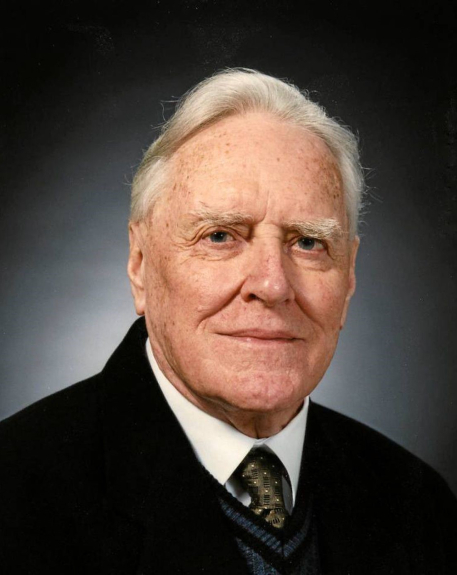
Discovered vinblastine
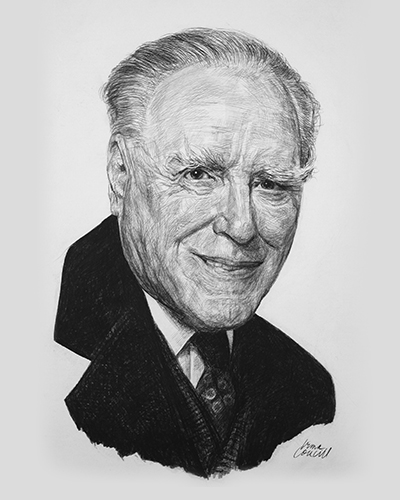
A pioneer in Canadian cancer treatment
Dr. Beer's major contribution to medicine was the isolation and purification of the anti-cancer drug "vinblastine." At the University of Western Ontario, he worked closely with Dr. Robert L. Noble to develop vinblastine from the leaves of the Madagascar periwinkle plant, Vinca Rosea. Vinblastine is one of the most useful chemotherapeutic agents available and its isolation is considered to be a milestone in the history of cancer chemotherapy, particularly for the management of Hodgkin's disease and testicular cancer.
Dr. Beer and Dr. Robert Noble were jointly nominated and inducted into the Canadian Medical Hall of Fame.
Key Facts
While at Oxford, worked with Sir Robert Robinson, one of the most distinguished organic chemists in the world
His biochemical expertise was crucial to the discovery of vinblastine
Vinblastine was the first major Canadian breakthrough in cancer chemotherapy
Was an avid mountaineer
Professional timeline
Impact on lives today
Vinblastine remains as one of the most useful chemotherapy agents and is used in conjunction with other drugs to treat various forms of cancer including non-small cell lung cancer, melanoma, and breast, bladder, brain and testicular cancers. A primary treatment for Hodgkin’s disease, it is also used for histiocytosis, a group of rare diseases which present as significantly increased in histiocytes immune cells.
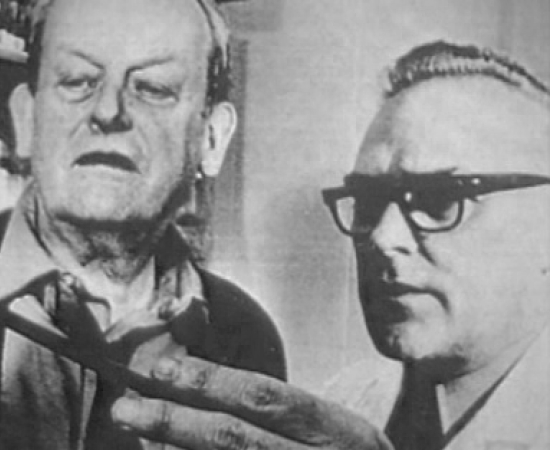
1997
-
Charles Beer inducted into the Canadian Medical Hall of Fame
London, Ontario
-

After his retirement, Beer became a Professor Emeritus at the University of British Columbia
Cancer, Health and Medical Education & TrainingHe also became an honorary Senior Scientist in the Department of Cancer Endocrinology at the BC Cancer Agency.
-
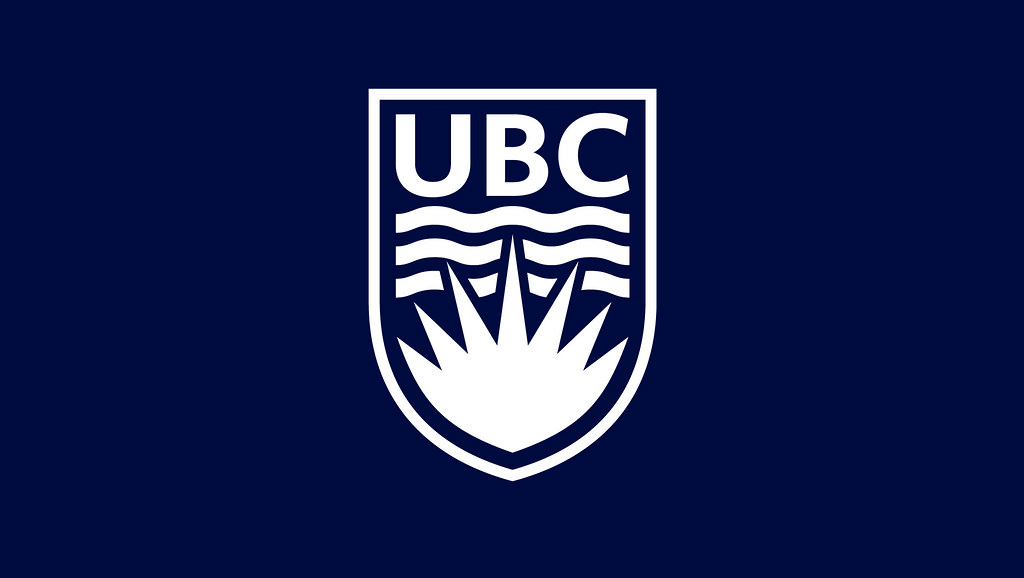
Beer began a distinguished career in research and teaching at the University of British Columbia
Cancer, Health and Medical Education & TrainingHe became a Professor of biochemistry and continued his reputation for innovative biochemical cancer research. His focus included studying the role of prolactin in cancers of lymphoid origins.
-
The purification process was patented in the name of Drs. Beer, Noble and doctoral student Dr. J.H. Cutts
The drug was made widely available in partnership with the university and the Eli Lilly Company, significantly impacting the lives and treatment of millions of cancer patients worldwide.
-
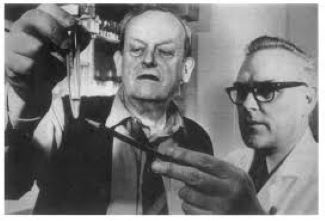
Beer and Nobel successfully isolated “vinblastine”
CancerNot only did vinblastine set a significant milestone in the development of cancer chemotherapy, it was the most effective treatment available for Hodgkin’s lymphoma.
-
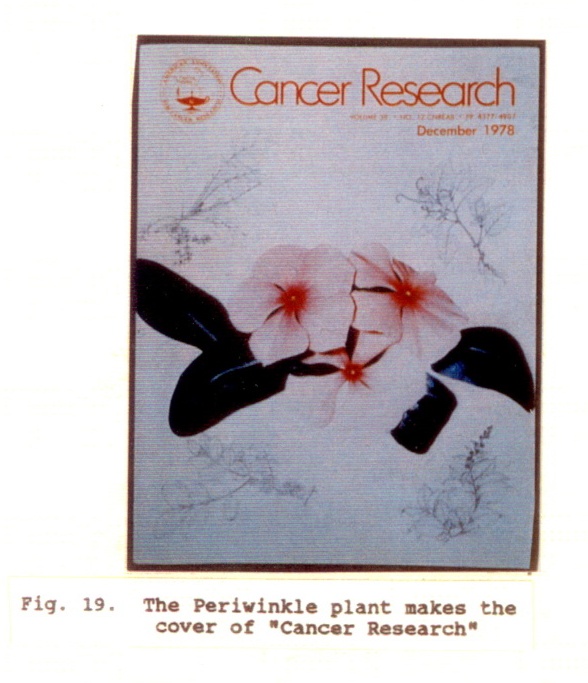
Beer arrived at Dr. Noble’s laboratory at the Collip Medical Research Laboratory at The University of Western Ontario
Dr. Robert Noble had been testing an extract derived from the leaves of a Madagascar periwinkle plant, Vinca Rosea.
-
Beer moved to the United States
He became a research fellow at the Memorial Sloan-Kettering Institute for Cancer Research in New York City.
-
Noble’s research focused on potential anti-diabetic properties of the periwinkle plant extract, however, it was found to have little effect on the blood sugar levels of experimental rats
Blood, CancerLaboratory technologist Halina Czajkowska observed that the extract destroyed the rats’ white blood cells and bone marrow. This finding raised the possibility that the extract could be used to treat leukemia, a cancer characterized by high counts of abnormal white blood cells.
-
After graduating from Oxford, Beer moved to London
At the Courtauld Institute of Biochemistry, he studied the effects of antifolic drugs.
-
Immediately following the Second World War, Beer was awarded a fellowship by the Royal Institute of Chemistry to pursue doctoral research
He received his DPhil in Chemistry from Oxford University in 1948.
1945
He was a brilliant young man dedicated to combatting cancer.

